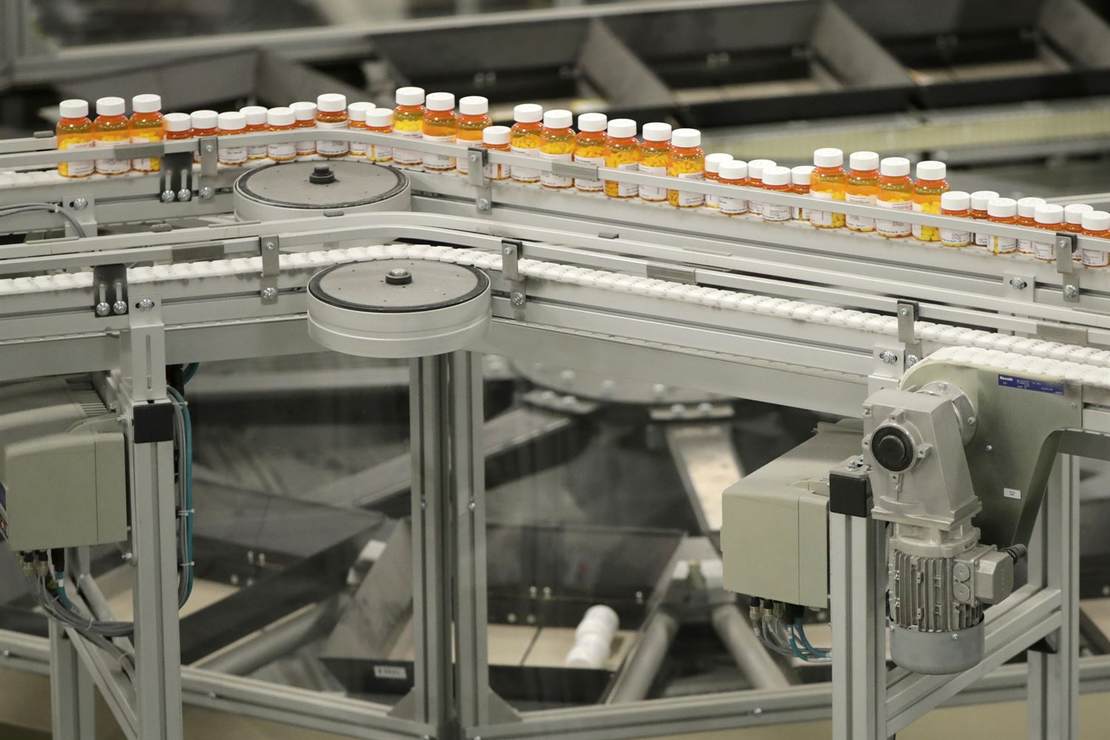
Business leaders and analysts are drawing attention to the end of a provision in the federal tax code that allowed companies to immediately deduct research and development expenses, contending that the change will decrease the innovative capacity of the economy over time.
The Tax Cuts and Jobs Act of 2017, which represented the primary legislative accomplishment of former President Donald Trump, mandated that domestic R&D expenditures be amortized over the course of five years rather than allowing firms to immediately deduct the entire expenditure. The change applies to the 2022 tax year and subsequent payment periods, marking the end of a policy first established in 1954.
Nearly 200 chief financial officers sent a letter to Republican and Democratic lawmakers last month urging them to reverse the provision by the conclusion of the calendar year. The end of the provision, which lawmakers neglected to preempt, will reduce R&D spending by $4.1 billion in the first five years after the change and by $10.1 billion in the second five years and beyond, according to a report from accounting firm EY.
“Failure to reverse this harmful policy will mean less innovation, impair America’s competitive position, weaken our national security, and undercut the well-paying innovation jobs supported by R&D,” said the letter, which was endorsed by executives from companies such as Ford, Lockheed Martin, Boeing, and Dow Chemical.
Although the United States was among the first countries to introduce tax incentives for R&D expenses, the nation now ranks among the bottom one-third of fellow Organization for Economic Cooperation and Development member states with respect to associated tax benefits, according to EY. The letter noted that countries such as Finland, China, Denmark, and the United Kingdom have introduced expansions for R&D deductions in recent years; an incentive China offers to manufacturers, for instance, allows a $100 expense to generate a $200 deduction, while the same expense would generate a $10 deduction in the United States.
Tax Foundation Policy Analyst Alex Muresianu observed in a recent analysis that American manufacturers, which account for the majority of R&D spending in the private sector, will witness the most severe impact as immediate deductions end. “The change in the deductibility of R&D investment hurts growth by raising the cost of investment,” he told The Daily Wire. “Making companies spread their deductions for R&D investment over several years means companies cannot deduct the full real value of these costs, particularly under high inflation. Ideally, the tax system would allow companies to deduct all of their costs immediately.”
Policymakers, however, introduced targeted R&D incentives last year in reaction to inflationary pressures and supply chain bottlenecks. The CHIPS and Science Act provided $13.2 billion in stimulus for semiconductor companies according to a fact sheet from the White House, as well as a 25% investment tax credit for capital expenses related to the fabrication of semiconductors.
David Bahnsen, the founder of Manhattan-based wealth management firm The Bahnsen Group, told The Daily Wire that instant deductions for all capital expenditures, including those beyond R&D, would contribute immensely to productivity. “Any movement toward better tax treatment when capital is productively deployed would be significant for economic growth,” he commented. “Going backward on this at this stage is a truly missed opportunity.”

